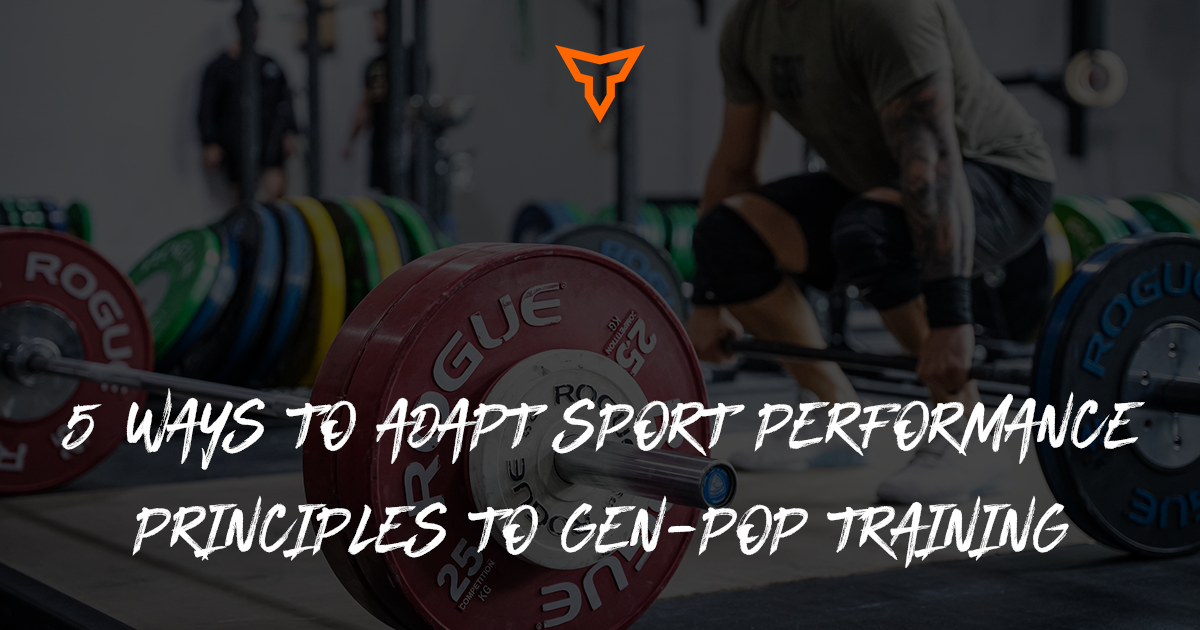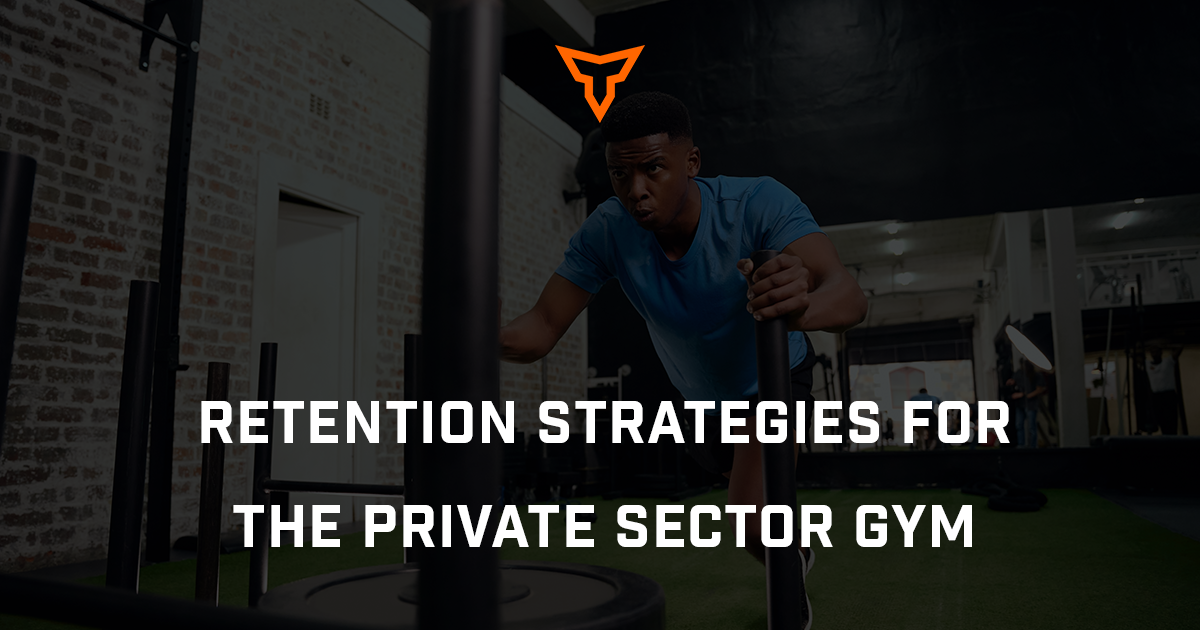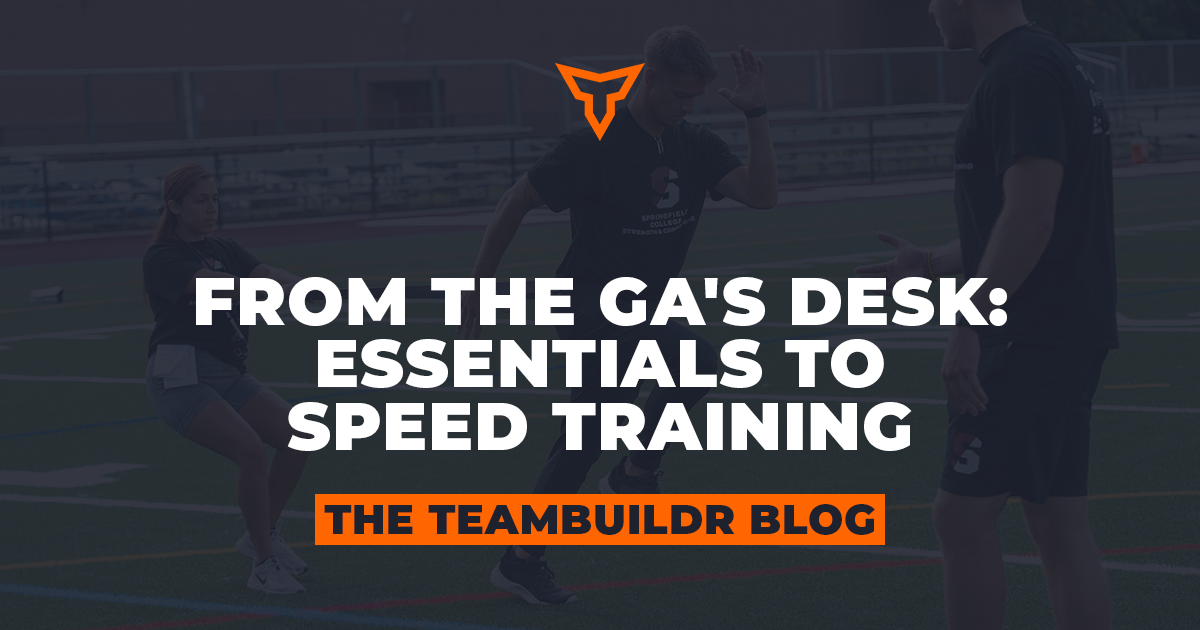The Trainer's Survival Guide: 8 Lessons They Don't Teach in School
The fitness industry is a massive unregulated (yet highly saturated) market. There are over 400,000 personal trainers alone in North America with over 40,000 health clubs or gyms. With such a low barrier to entry, many young trainers are finding it difficult to make their mark, gain quality clientele and actually build a potential career. Many have a firm grasp of physiology, biomechanics and training principles but many ask the same question: How do I set myself apart to attract more clients?
THE REALITY
Many degrees, diplomas and certifications can make you knowledgeable in many aspects of exercise science. You learn physiological principles, biomechanics of movement and how to design various template programs for standard demographics. That's all fine and dandy, but what about the actual "personal" aspect of personal training?
Reflecting on my university experience, I feel that we really missed picking the low hanging fruit. I don't recall taking classes in talking to youth athletes or establishing trust. Networking with professionals wasn't a lecture on my timetable. I don't remember having to learn how to market my skills or build rapport with interested customers. My undergrad was great for many theoretical concepts, but looking back now, none of it seems as practical as it probably should have been. So with that being said, I've decided to list a couple of harsh realities from the field. Buckle down and bust out the notepad, it's time for some tough truths.
1) People Don't Actually Care How Smart You Are
It's true. Although a quality education and certification go an extremely long way when it comes to honing your craft, that's not the first thing potential clients question when they meet you. What they want to know is if they can trust you. You can have a PhD in Kinesiology, but if you're an arrogant know-it-all who throws fancy terminology at folks, no one will want to work with you much less give you their hard earned dollars.
Your education and certifications simply demonstrate you are qualified to do the job--not competent at it. You are in a service business, meaning the client's needs come first. You must build trust and demonstrate how you can help them reach their aspirations. A welcoming personality, actual interest in your client's lives, and good manners go a long way when it comes time to bringing out their best. Your education and skills are required to do your job anyways which is what your clients expect. Keep in mind that people don't care how much you know until they know how much you care. Remember, people buy trainers, not training.
2) Early Mornings and Late Nights Required
If you aren't comfortable waking up at 5am and staying until 9pm at night, you may be in the wrong industry. Yes, boundaries are very important and you should feel prepared to set your “working hours” in order to better build your balance as you see fit. However, the reality is most trainers are busy before and after typical work hours (so before 9am and after 3pm). While finding your own balance is important, you still need to be prepared to invest more time (especially in your earlier days) in order to build a solid rapport and roster. If you can't handle getting up at the crack of dawn and keeping a positive working attitude, you might want to start searching for a different career.
3) Cancellations Happen
Your clients have lives. Maybe they're a nurse with a hectic, unpredictable schedule. Perhaps they're a young athlete in school participating on multiple sport teams. They may be a mom of 4 kids with a full time job. Hitting the gym isn't going to be their top priority. Their families will come first, their jobs will come first, or their sports will come first. This means that, on occasion, you may have cancellations or late arrivals. It's nothing personal, life just gets in the way sometimes. You must be prepared to deal with the spare time and modify your client's programs. Client shows up late? Shave off some of the accessory work. No show? Create content, read a book, or get a lift in. Have a task list for such occasions to make better use of the extra time.
4) Forget Your Perfect Program
I'm all about intelligent programming (especially for elite athletes) but we need to remember that we train human beings. Unexpected stress, injuries, pain, and life events can lead to sub-par levels of energy and enthusiasm that won’t always have your clients or athletes in a tip-top workout ready state. Designing a client's program down to the last cycle of the last phase of the last block isn't always feasible and will just lead to frustration when they fail to hit your prescribed intensities or volumes. You need to be flexible and ready to adapt to such situations.
The truth is that it isn't that big a deal. By keeping your client's programming and periodization simple, you'll be able to adapt to unexpected life occurrences without having a stroke. Keep in mind that training with you is likely priority 6 on their list of things to do. Be willing to adapt and paint with broader strokes.
5) Ask Better Questions
I’ve seen this far too often. A potential client comes in for a meeting and they’re bombarded by an endless list of on-boarding questions that would impress NASA. This is tedious and extremely likely to scare off any potential customers.
While we put care into our programs, it isn’t rocket science. If the questions you ask DO NOT alter the outcome of your programming, don’t bother asking it. Seriously.
6) It's Not Always About Numbers
As trainers, we tend to gauge our clients' or athletes' success on PR's or sudden changes in body composition without really taking into account their ability to move more effectively first. Too many trainers or coaches simply want quick quantitative data to show how awesome their training programs are. To me, this is just feeding one's ego as a professional. It's not hard to understand why they would think this is acceptable.
Strength coaches may have sport coaches breathing down their necks for higher verticals or fitness levels. Trainers may have impatient clients waiting for the scale to drop or their biceps to pop. As a coach, I can totally appreciate this type of pressure. It's not intentional, you just want to demonstrate what you are doing is getting the job done. Keep in mind that intelligent training is a long term process with the results coming down the line.
As professionals, we need to slow roast our athletes, not microwave them. If you stick to your guns and help educate your sport coaches or clients, they'll get on board with what you're doing.
7) Get Comfortable Going "Off the Script"
It's important to realize that you may have to think on the fly and adapt sessions sometimes. Maybe your client is sick, injured or just had an exhausting day at work. Perhaps you programmed some items that no longer fit a goal or are too challenging for them to perform. Like I said, it'll never be perfect but the more knowledge and tools you have in your toolbox will make it easier to adapt to these types of situations. Going “off script” is an earned privilege; the more practical knowledge you have will make it easier to adjust when the time comes.
Recognize when to push your clients and when to change up the plan. They'll appreciate your understanding and will walk out of the weight room feeling a little bit better than when they walked in. To me, if my athletes leave the weight room 1% better, our workout was a success.
8) Know Your Limits
The smartest people in the world are the ones who know when to hold 'em and know when to fold 'em. It's bad practice to pretend like you know everything and terrible practice to make objective statements or diagnoses in fields you aren't qualified in. People respect transparency because they can easily pick up on bullsh**. It's common sense. If you don't know the answer, ADMIT YOU DON'T KNOW!
Understand what you are good at and what your role is as a health/fitness practitioner. Build a network of quality exercise professionals (including other trainers) that you are comfortable referring to and outsource when needed. If someone comes to me with a back injury, I send them to a physiotherapist or chiropractor. Why? I'm not a doctor nor a physiotherapist so why would I pretend like I know how to appropriately diagnose and treat an injury? I'll even refer out to another trainer or coach who may be better suited to handle clients with needs outside of my expertise.
It's imperative that you prioritize your client's best interests over your ego. Check it at the door and know when to refer out to other professionals. If you pretend to know everything, it could cost you your client's trust AND their health.
I'm a firm believer that a great job always comes back full circle. Establish trust with your clients and watch them thrive. Training doesn't have to be fancy or complex. The best program is the one that works with the least risk. Understand what you are good at and admit what you don't know. I respect professionals way more that are able to admit what they don't know and refer out to others. It demonstrates character and true professionalism. As time progresses, continue to expand your network, evolve your knowledge and refine your training style. Lastly, be a coach first and a trainer second. Enjoy every struggle, early morning hour, late night session, frustrating day, and educational opportunity. I truly believe this is the greatest profession in the world because you get to share in so many important milestones in your clients' lives. You prepare them to be stronger individuals in the weight room while influencing their character outside the weight room. Always remember why you got into fitness in the first place and help instill that passion for health or performance onto others.
Subscribe to our blog
Subscribe to receive the latest blog posts to your inbox every week.
Related posts

5 Ways to Adapt Sport Performance Principles to Gen-Pop Training

Retention Strategies for the Private Sector Gym


